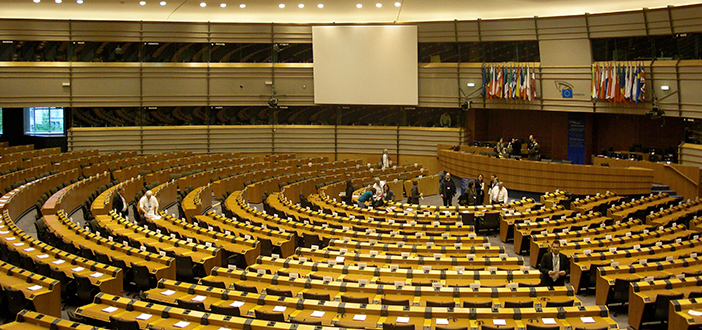The recent report published by the NGO Transparency International on lobbying practices in Europe, conducted across 19 European countries, indicates that there are “inappropriate political interference and virtually unlimited influence of commercial interests”: only seven countries – Austria, Slovenia, France, Ireland, Lithuania, Poland, and the United Kingdom – have specific laws or regulations on lobbying.
This absence results in commercial interests influencing the daily lives of citizens almost without restrictions.
The study analyzes elements such as the existence of safeguards for the exercise of lobbying with transparency and ethics in European countries and in the three main institutions of the European Union (Parliament, Commission, and the EU Council), as well as the existence of mechanisms that allow citizens fair and equitable access to policymakers.
The report specifically analyzes sectors such as alcohol, tobacco, automotive, energy, finance, and the pharmaceutical industry.
The result is not very encouraging: regarding best practices in lobbying, the average for all 19 countries is at 31% compared to international standards. Slovenia ranks highest with 55%, whereas Cyprus and Hungary are at the bottom with 14%.
Three eurozone countries heavily affected by the crisis, such as Italy, Spain, and Portugal, with 20%, 21%, and 23%, respectively, also fare poorly.
According to the report, these are countries where “close ties between the public sector and the financial sector increase risks,” ranking just above the countries closing the group.
Europe must undertake urgent reform concerning lobbying, which, as Transparency International denounces, is very poorly regulated on the continent to the point that it could “undermine the region’s democracies.”
Thus, “none of the European countries and European institutions evaluated adequately controls the transition of individuals from the public to the private sector” – the “revolving doors” – despite them being “prime targets of lobbying or influencing activities.”
Citing the case of Portugal, where 54% of ministerial positions have been filled by professionals from the banking sector since 1974. Or the case of France, as well as Spain and Portugal, where parliamentarians can engage in consultancy activities while still in public office.
Among Transparency International’s recommendations for regulating lobbying practices in Europe are notably:
Adopting comprehensive lobbying regulations. […] creating mandatory registration for lobbyists. […]
Creating “legislative traceability” to identify the path taken by legislative proposals until their approval [and] establishing minimum “cooling-off periods” before officials and elected representatives can take up lobbyist roles.


